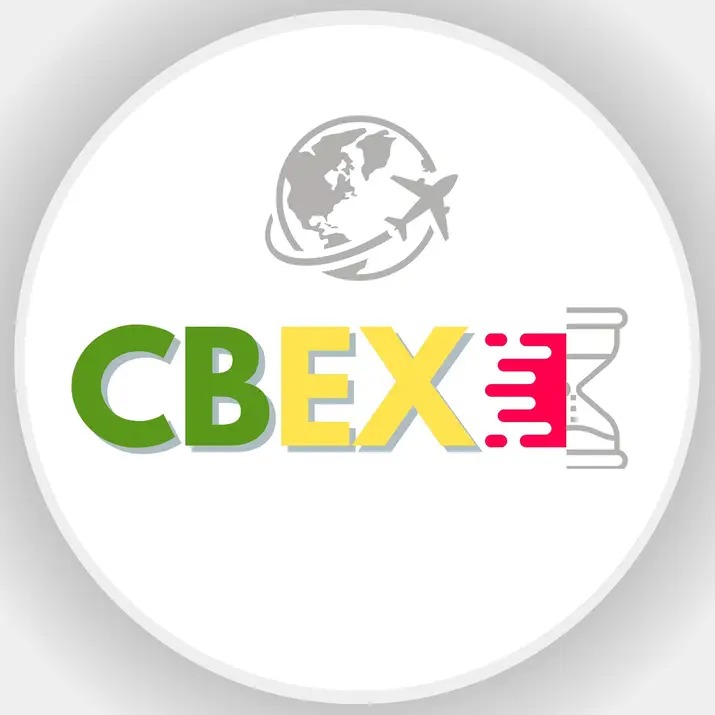On April 23, 2024, the Securities and Futures Commission (SFC) of Hong Kong issued a warning to the public about companies doing business under the names “CBEX Group” and “Bitget Pro” for alleged virtual asset-related fraudulent activities.
Investors complained about unapproved or difficult withdrawals of virtual assets. The SFC believes that the platforms might have used fictitious withdrawal records to trick investors.
Hong Kong’s police restrict CBEX’s website
The Hong Kong Police Force took action to restrict access to pertinent websites at the SFC’s request.
“Notwithstanding the action taken, the public should beware that scammers may continue to create websites with similar domain names,” SFC warned.
Additionally, on 23 April 2024, the SFC added Bitget Pro and CBEX Group, along with their websites, to its Suspicious Virtual Asset Trading Platforms Alert List.
https://www.sfc.hk/en/alert-list/suspicious-virtual-asset-trading-platforms
Part of the SFC’s warning statement further reads, “Online investment scams may involve any type of assets and are perpetrated through multiple channels, and investors can suffer substantial losses. Therefore, investors should stay vigilant and beware of fraud when making investment decisions.”
Hong Kong’s SFC uncover CBEX’s lies
The SFC observed that CBEX Group has taken on a name that is very similar to that of a Chinese property rights trading firm, even though the two are unrelated.
The CBEX Group states that its headquarters are in Canada and that its digital asset trading platform, CBEX Japan, is one of its many international CBEX sub-brands. It also states on its website that it has a compliant digital asset licence, but in reality, it has neither a Canadian nor a Japanese digital asset licence, SFC noted.
Therefore, it would seem that CBEX Group might lure others to trade on its platform by creating the false and misleading impression that its operations and services are genuine and fully permitted.
How CBEX defrauds Nigerians of N1.3 trillion
The unregistered digital asset trading platform CBEX apparently disappeared with over N1.3 trillion from customers’ wallets, leaving Nigerian investors reeling from a startling turn of events.
After promising a 100 percent return on investment in 30 days, the platform abruptly crashed on Monday, sending investors into a panic mood.
According to security analyst and cryptocurrency specialist Taiwo Owolabi, the stolen money has been moved to a TRX address; thus far, almost $847 million USDT has been taken. According to Owolabi, the website of CBEX was a Ponzi scheme that was intended to look like reputable trading platforms.
“The invested funds are gone because CBEX is not a licensed platform,” Owolabi stressed. “They designed the weak website to convince people in the future that it was a security breach that affected them. Apparently, when you make payments, you pay them into a TRX account, and then, immediately, they move it from that TRX wallet, gather it, convert it to USDT, then to ETH. So, when you are logging into your account, there is literally no money on your profile.”
He continued, “What you see are just numbers. All the daily activities you do to ‘trade’ increase your money. All the AI trading is fake. When it’s time for withdrawal, they will send you another person’s money.”
“Since, you won’t be leaving them because of greed. You will most likely put the money back and even more. So, they will use that same money to pay another person. As you spread the word for them, more people will join and do the same,” he added.
However, claims of fraud and dishonest business practices have surfaced, raising further concerns about CBEX’s operational strategy. Allegedly, the platform presents fabricated withdrawal records to conceal issues users face when attempting to retrieve their money.
Warning by Nigeria’s Securities and Exchange Commission
The Securities and Exchange Commission (SEC) has warned Nigerians against engaging in Ponzi schemes, highlighting that operating an online currency trading platform without registration is now a felony under the ISA 2025 Act.
In order to protect investors and maintain market confidence, the commission has the authority to supervise online foreign exchange platforms and digital asset exchanges.
SEC Director General Dr. Emomotimi Agama described the new law as “a landmark step in positioning Nigeria’s capital market to be more inclusive, robust, and in tune with global best practices.”
The question of whether Nigerians can still withdraw their money is still present as investors fight to accept their losses.
It’s unlikely, according to Owolabi, unless users pay verification fees, which would only compensate certain investors while leaving others in a state of uncertainty.
The demise of the CBEX is a clear reminder of the dangers of unregulated online asset trading platforms. Investors are cautioned to be cautious and to perform extensive research before investing in any platform as the SEC continues to crack down on such schemes.















